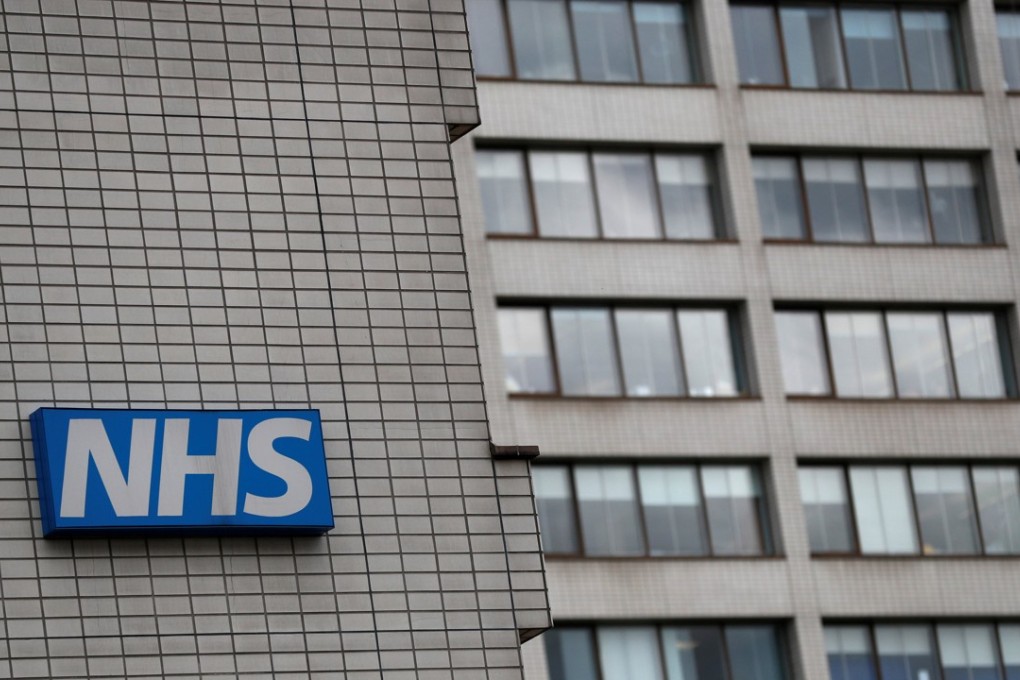Body parts pile up as NHS supplier fails to dispose of ‘anatomical’ human waste
There was 350 tonnes of it in September at the company’s disposal plant, five times more than the permitted level

Body parts including amputated limbs and waste from cancer treatment have been retained rather than disposed of by a major NHS supplier, prompting the government’s emergency committee to take action.
British health and social care secretary, Matt Hancock, chaired a Cabinet Office Briefing Room committee meeting last month amid concern that the firm’s failure to get rid of the waste could pose a health hazard.
The company involved, Healthcare Environment Services Ltd (HES), is employed by at least 50 NHS hospital trusts across England. They may now have to make alternative arrangements for disposing of waste created by medical treatment, some of which is dangerous.
Hancock has made £1 million (US$1.2 million) available to help the trusts affected by the problems related to the build-up, which has led to the Environment Agency taking enforcement action against HES 15 times.
NHS England documents obtained by the Health Service Journal show that large amounts of various forms of human waste, including amputated limbs, as well as infectious liquids, cytotoxic waste produced during cancer treatment and dangerous pharmaceutical waste, have built up at HES’s five sites in England.
For example, there was 350 tonnes of waste in September at its waste disposal plant in Normanton, West Yorkshire, five times more than HES’s permitted level, HSJ reported. “This anatomical waste, which is made up of human body parts and surgical waste, has now been placed in fridges. HES is also attempting to export 750 tonnes of pharmaceutical waste to Holland,” the website said.